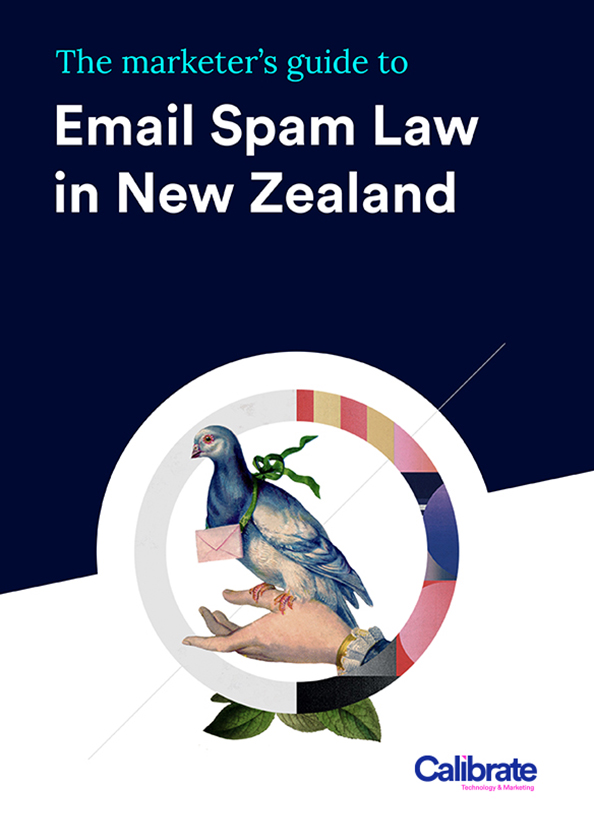We are lucky to have a great relationship with the Department of Internal Affairs to keep our clients within New Zealand best practices.
In particular: The Department of Internal Affairs’ Anti-Spam Compliance Unit which was first established in September 2007. It has since changed its name to Electronic Messaging Compliance. It consists of a Manager, a Team Leader, several Investigators, and an Analyst. The website has a lot of information, you’ll find that here.
When we have a question we ‘Ask the Department’ and over time we will keep adding them to build up a library of FAQ’s about email marketing, email best practise and how to stay on the right side of the ‘feds’.
Q: “I have collected subscribers using a pre-checked opt-in form as part of my e-commerce checkout process, is this compliant or does the form need to be unchecked by default?”
A: The Department has always stated that pre-checked by default is not “Best Practice”. Pre-Checked opt-in by default is not a breach of the Act or “non-compliant”, it just isn’t best practice. Much better to have a positive opt-in from a consumer, it really cuts out 100% of the misunderstandings when consumers positively opt-in.
Q: “How long permission lasts / when does permission expire after a period of non-contact?”
A: Calibrate’s answer was there was no rule on that but it came down to the line of sensible justification. If it makes sense that the period that has passed will be recalled by the recipient then ok, if they forget about you it’s more likely they will react negatively and complain, and if you have to show your thought process it might be hard to justify.
The DIA’s Toni Demitriou said: ‘That would be correct. The legislation is all about consent, if you can demonstrate express consent “opt-in” then that type of consent could be enduring. However it is also about relativity with messaging and the recipients will just get annoyed if there isn’t any measure of relativity to the messaging. If there are long periods of inactivity then it is likely recipients will either opt-out or even wonder if they consented in the first place.”
Things are slightly different with inferred consent but we don’t tend to see so many complaints regarding inferred consent.
Learn more about inferred consent with our Marketer’s Guide to Email Spam Law in New Zealand. This comprehensive 16 page guide includes a Marketer’s Compliance Checklist so you can tell if your company is protected and your marketing and communications teams are doing the right thing.
The Department has always stated that pre-checked by default is not “Best Practice”. Pre-Checked opt-in by default is not a breach of the Act or “non-compliant”, it just isn’t best practice. Much better to have a positive opt-in from a consumer, it really cuts out 100% of the misunderstandings when consumers positively opt-in.

We’ve created a comprehensive 16 page guide including a Compliance Checklist so you can learn the key elements and tell if your company is protected.


